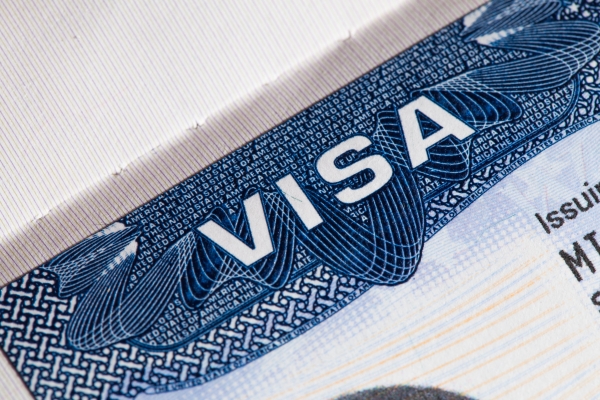For Nigerians, securing a visa usually means dealing with a lot of rigorous, time-consuming, and sometimes expensive procedures. Some countries have made things easier with affordable and quick e-visa systems, but others require detailed documents, interviews, or even approvals from multiple agencies. Here are five of the most difficult visas to obtain as a Nigerian:
1. United States (USA) Visa
The United States remains one of the toughest destinations for Nigerians to get a visa. The US Embassy in Nigeria conducts rigorous interviews, and many applicants find themselves rejected despite having all the required documents. The consular officers are particularly keen on verifying whether applicants have strong ties to Nigeria, meaning steady jobs, family connections, or properties, to make sure people are not trying to immigrate illegally. For students and tourists, the process can be discouragingly long, expensive and stressful. Many Nigerians have had to try multiple times before finally getting approval and even then, there is still no guarantee of visa approval. The cost of a US visa in Nigeria is one of the highest despite the lack of guarantee, costing around ₦270,000.
2. United Kingdom (UK) Visa
For Nigerians, getting a UK visa is not as easy as in other countries. The British High Commission demands extensive paperwork, including proof of financial stability, travel plans, and sometimes evidence of accommodation. Interview questions are sharp and can be quite intimidating, especially when consular officers suspect an applicant might overstay. There is also the added pressure of biometric data collection and long waiting times. Despite the stringent process, many Nigerians still apply with hopes to visit family, study, or seek business opportunities, but the visa refusal rate remains high.
3. Canada Visa
Canada is known for its friendly immigration policies, but for Nigerians, securing a Canadian visa remains a challenge. The visa officers here are cautious, often requiring detailed proof of purpose for travel and strong ties to home. Processing times can drag on for months, leaving applicants in a state of uncertainty. Medical examinations, police clearance certificates and financial proofs are mandatory. The Canadian visa process demands patience and resilience, and many Nigerians who apply for visitor or student visas often face rejection if they can not convince the officers of their intent to return to Nigeria. The cost of the Canadian visa is also on the high side, with biometrics and service charges added to the total costs.
4. Schengen Visa (Europe)
Europe’s Schengen visa, which covers multiple countries, is equally challenging for Nigerian travellers. Whether you are applying to visit France, Germany, or Spain, you must submit a mountain of documents, including travel insurance, hotel bookings, bank statements, and a clear itinerary. Visa officers are known for their strict scrutiny and any small error or inconsistency can lead to outright rejection. Nigerians often complain about long queues, high fees and confusing rules. The pressure to prove financial capability and ties back home makes the whole process stressful and uncertain.
5. Australia Visa
Australia is fast becoming a top destination for Nigerians who want to study or work abroad, but getting a visa is no easy feat. The Australian embassy requires medical check-ups, police clearances and detailed documentation of educational and financial status. Their process focuses heavily on ensuring applicants have legitimate intentions and the means to support themselves. Waiting times can be long, and the fees are steep. Many Nigerians find the whole process complicated and stressful, especially those applying for student or skilled worker visas where competition and strict vetting are high.


